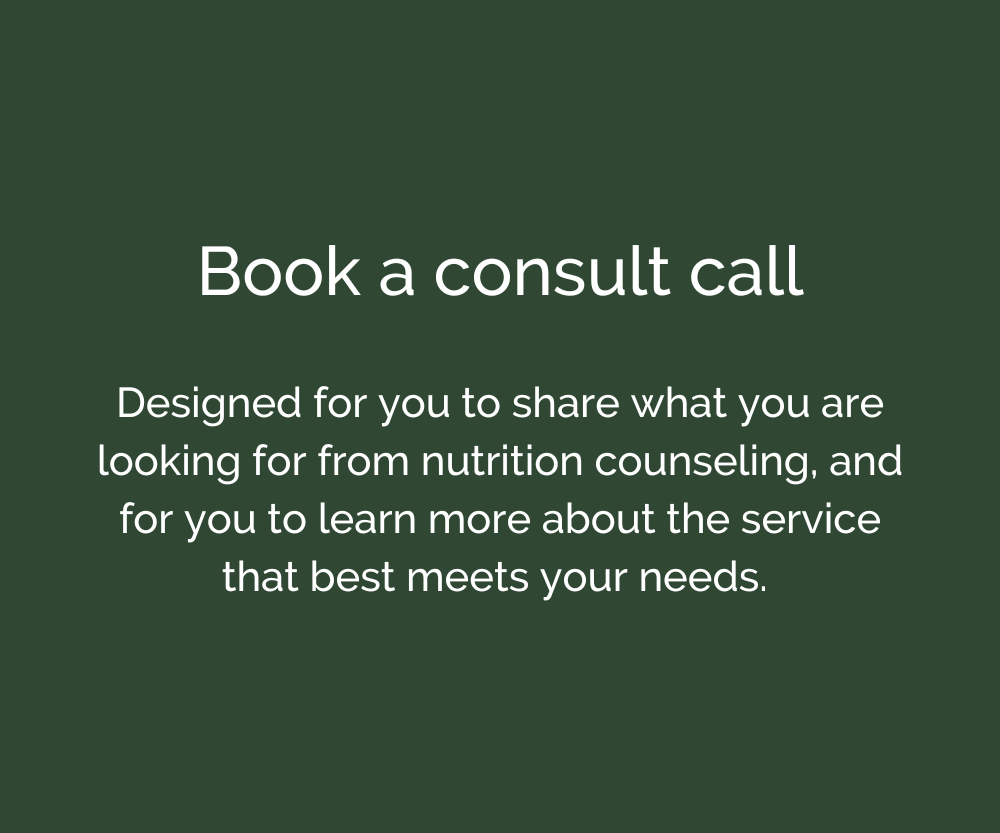What's the link between anxiety and IBS?
What is anxiety?
The definition of anxiety is that it is a feeling of worry, nervousness, or unease, typically about an imminent event or something with an uncertain outcome. In short, it’s the response to a perceived threat that will come in the future.
Chronic anxiety is considered a mental condition characterized by excessive apprehensiveness about real or perceived threats, typically leading to avoidance behaviors and often to physical symptoms such as increased heart rate and muscle tension.
It’s possible to have moments of anxiety that come and go, or to have more chronic anxiety. Chronic anxiety is typically what we see with chronic digestive disorders, like IBS, which will be covered more in this article.
Anxiety disorders are known to affect around 1 in 3 adults living in the US. Not all who experience anxiety or chronic anxiety will be diagnosed with an anxiety disorder, so the number of people experiencing anxiety is even higher. These disorders include generalized anxiety disorder, panic disorder, PTSD, and social anxiety disorder.
One study found that around 44% of those with irritable bowel syndrome (IBS) has an anxiety disorder, compared to only 8% of people without IBS. A 2021 study also suggests that certain mental health conditions, including anxiety and mood disorders , may share genetic pathways with IBS.
Aka: IBS and anxiety are clearly linked.
Want to learn more about IBS? Sign up for a free IBS mini course here!
Why are IBS and anxiety connected?
The reason that IBS and anxiety are connected is likely due to the gut-brain connection, which is the bidirectional communication between the gut and the brain. The gut has its own independent nervous system called the enteric nervous system (ENS), which can operate independently of the central nervous system (CNS) in the brain. These nervous systems are connected through the vagus nerve, the longest cranial nerve in the body, allowing for communication and coordination between them.
The gut-brain connection plays a crucial role in regulating many digestive functions, including motility, digestive secretion, and immune function. It is also involved in regulating appetite, mood, and stress responses.
In people with IBS, the communication between the gut and the brain may be altered, leading to abnormal processing of sensory information and dysregulation of gut motility and secretion, as well as the development of visceral hypersensitivity, which is the major cause of pain and other symptoms in IBS.
Research has shown that stress and psychological factors can trigger or exacerbate IBS symptoms. This suggests that the gut-brain connection may be particularly important in the development and maintenance of IBS. Treatment approaches for IBS often include a combination of dietary and lifestyle changes, medication, and psychological interventions to address both the physical and psychological aspects of the disorder.
Because of this connection, this can create an anxiety-symptom cycle that those with IBS know all too well. This cycle can be hard to break, leaving the one experiencing it to feel frustrated, hopeless, and unsure of what steps to take.
What can you do about the anxiety - IBS overlap?
If you’re struggling with both anxiety and IBS or IBS-like symptoms, the goal is to target the gut-brain connection, as well as the gut and brain independently. This is where mindfulness, mind-body exercise, meditation, gut-directed hypnotherapy, and gut directed CBT all can come into play.
For the brain side, you can also work through strategies for anxiety with a specialized mental health profession, like a therapist or a psychologist. And for the gut side, you can work with a dietitian, like our team at Gutivate, to implement strategies for a healthier gut and fewer gut symptoms.
Tackling both anxiety and IBS takes a personalized and holistic approach. If you’re in the middle of it all right now, know that it can take time but it is possible to get control of both so you can live. your life more fully.
Do you want clear guidance to manage your IBS so you can feel confident in your body again?
Guides:



